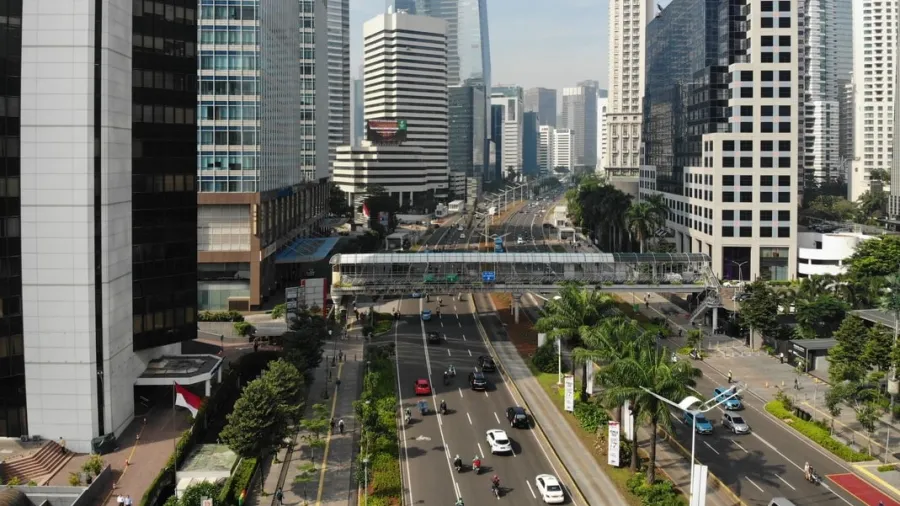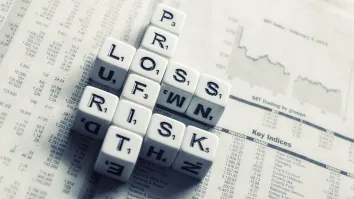
Weaker economic recovery to mute Indonesia’s non-life insurance demand
AM Best predicts a negative outlook for the country’s non-life segment.
Weaker-than-expected economic recovery could mute demand for Indonesia’s non-life insurance market, such as property, engineering, motor, transportation, and travel insurance, according to ratings firm, AM Best.
AM Best revised its outlook for the country to negative citing a resurgence of the COVID-19 virus, coupled with slow vaccination progress, that led to a reinstatement of stringent mobility restrictions, hampering near-term economic recovery.
The report said that although premium income increased by approximately 2% to IDR 38.5t ($2.74b) in the first half of 2021, compared with the same time last year, the growth lagged behind pre-pandemic levels, and may remain constrained as a result of the latest round of mobility restriction measures.
Additionally, credit insurance, a key line of business in Indonesia’s non-life insurance market, is under pressure as well with further economic weaknesses arising from the escalation of COVID-19 infections.
“This could weaken the debt repayment abilities of debtors and lead to higher default rates, and therefore, higher credit insurance claims, particularly for the more vulnerable small- and medium-sized enterprises. Insurers with higher exposure to credit insurance and weaker underwriting risk management may face outsized losses that could weaken their financial profile,” AM Best said.
The low-interest rate environment also continues to impede the investment performance of Indonesia’s non-life insurers. The report states that investment risks could trend higher as prolonged pandemic conditions erode the financial strength and earnings abilities of debt and equity issuers.
AM Best predicts that the mandatory tariffs within the non-life insurance market for property—including business interruption—and motor lines of business remain a supportive element of the market. The mandatory tariffs for these lines of business have helped to limit the level of unhealthy price competition often seen in other liberalised markets. Additionally, greater investment in and usage of technology to support improvements in distribution and operational efficiency should help Indonesia’s non-life carriers achieve competitive advantages over the medium to long term.

















 Advertise
Advertise






